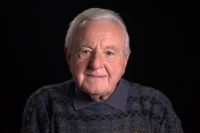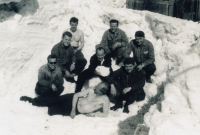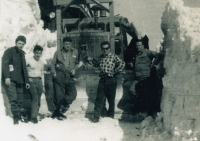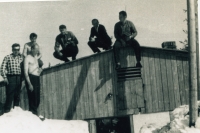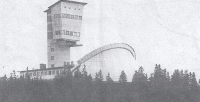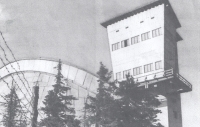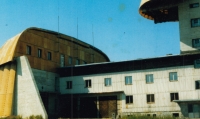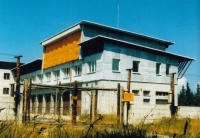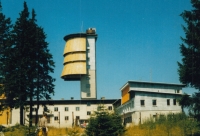I lived for Poledník, it moved me further
Download image
Václav Hrabý was born on 7 May 1945 in Dobršín near Sušice. His parents, František Hrabý (1901) and Božena Hrabová (1910) had a medium-sized farm in Dobršín. They refused to join the cooperative and gave in to communist pressure only in 1959. Václav Hrabý could not freely choose his school due to his parents’ attitudes. He was allowed to study only four subjects - mason, miner, metallurgist, and farmer. When he trained as a bricklayer, the regime no longer cared that he entered the construction industry school in Pilsen. After graduation, he went to work at the Military Buildings, where he completed his military service. During military service, when he was 22 years old, he became a foreman of a classified radio station construction on top of Šumava’s Poledník. Thanks to its location, it had excellent prerequisites for radio interception of military units and the air force beyond the western border. Under favorable conditions, it covered the territory from Austria through Germany to the French border. Václav Hrabý devoted himself to construction all his life. He left Military Construction in 1975 for the Construction Court in Sušice, then worked as an investment technician at the Municipal Office in Sušice. At the time of the filming, he lived in Sušice in an apartment building he had once built himself.
